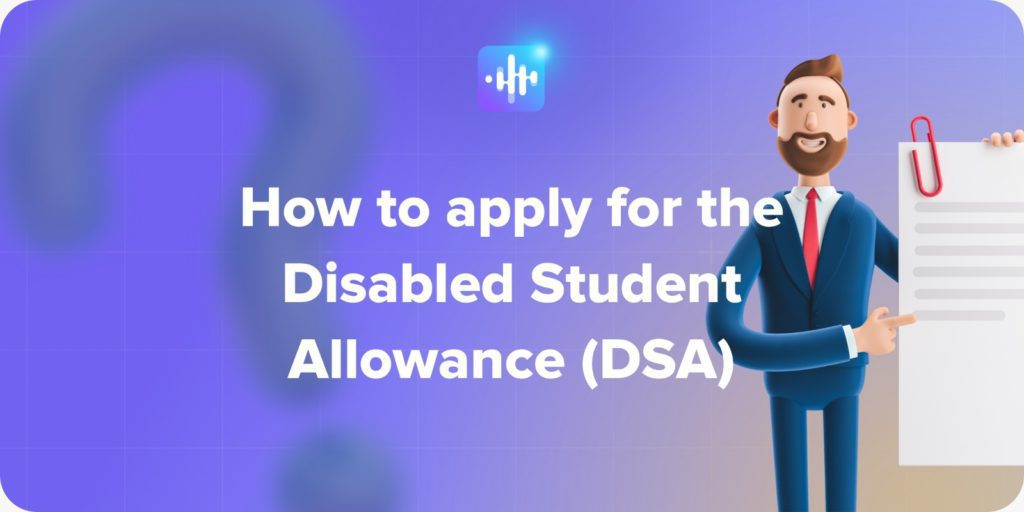Disabled Students’ Allowance (DSA) is a non-repayable grant available to UK students with learning difficulties and impacted disabilities. Depression is a mental health condition which is classed as an eligible diagnosis for receiving DSA at university, but how much is offered to students struggling with this condition? With over 27% of students at university reporting struggling with their mental health whilst at university, it is understandable that a number of these will have been diagnosed with depression. This is a severe mental health condition which can make studying a lot harder and challenging
compared to those without the diagnosis. Depression can be developed/caused by a wide range of things such as having a traumatic experience, witnessing or experiencing abuse, experiencing grief and loss, or a chemical imbalance in the brain. Sometimes the cause of a person’s depression is unclear, however this does not make the experience and symptoms of depression any less serious.

How does Depression impact a student’s learning and ability to study?
Living with depression is a challenging experience. No two days are the same and the symptoms can be unpredictable, leaving a person constantly in fear and on edge of what state their mind will be in next. As a student who previously struggled with a depression diagnosis, I understand that many overwhelming situations can feel amplified, and our brains react in higher levels of severity than those in a typical functioning state. Here are just a few examples of symptoms and
experiences a student with depression could be experiencing:
- Intrusive thoughts
- Negative mindset
- Lack of energy and motivation
- Clouded headspace/brain fog (this impacts knowledge and thought process)
- Inability to feel hopeful
- Feeling scared and worried in your own space
- Experiencing intense periods of sadness and negative emotions#
- Overwhelming sensations of anger and frustration#
- Insomnia
- Lack of interest/passion in previous enjoyments.
As you can see, living with one or more of these symptoms will reduce a student’s ability to function as well as a neurotypical and non-disabled student. Studying with a depression diagnosis takes up a lot more energy. It is more challenging to attend lectures and maintain focus whilst experiencing these intensified and negative emotions in your headspace which is supposed to be where you feel safe. So it is understandable that students with depression receive help and aid from DSA, but what exactly can be offered?
What can DSA offer students with Depression?
Firstly, it is important to note that DSA is not typically issued in a form of a payment (unless you are a student in Scotland, see more on that here) but as a range of tools, programmes and assistive technology. Students with depression can be offered study aiding software such as a Jamworks Pro subscription to help to reduce their stress levels in class and aid attention span struggles. The Jamworks app records the audio of a lecture for the student, and they can create clips of the key information to listen back to at a time where they are in a period of better focus and concentration. Similarly, students can be offered equipment such as laptops, printers and dictaphones to assist them in taking notes and organising their schedules. Non-medical helpers can be issued to students who need assistance in taking notes, transcribing or other learning difficulties. Students can be offered one-to-one study skills training and sessions to teach them ways to adapt their current methods of learning, taking into consideration the symptoms they are dealing with. Travel expenses can be issued for students who may need to commute from home for periods of time due to needing extra care and support from family members to aid their condition.

How do I apply for DSA for Depression?
If you have received a diagnosis for depression from your GP or psychiatrist, head over to the Student Finance England website and download the DSA1 form or log into your student finance account and click “Apply for DSA”. It is important that all students with a depression diagnosis avail of the help being offered to them to give themselves the best possible chance at study success!

